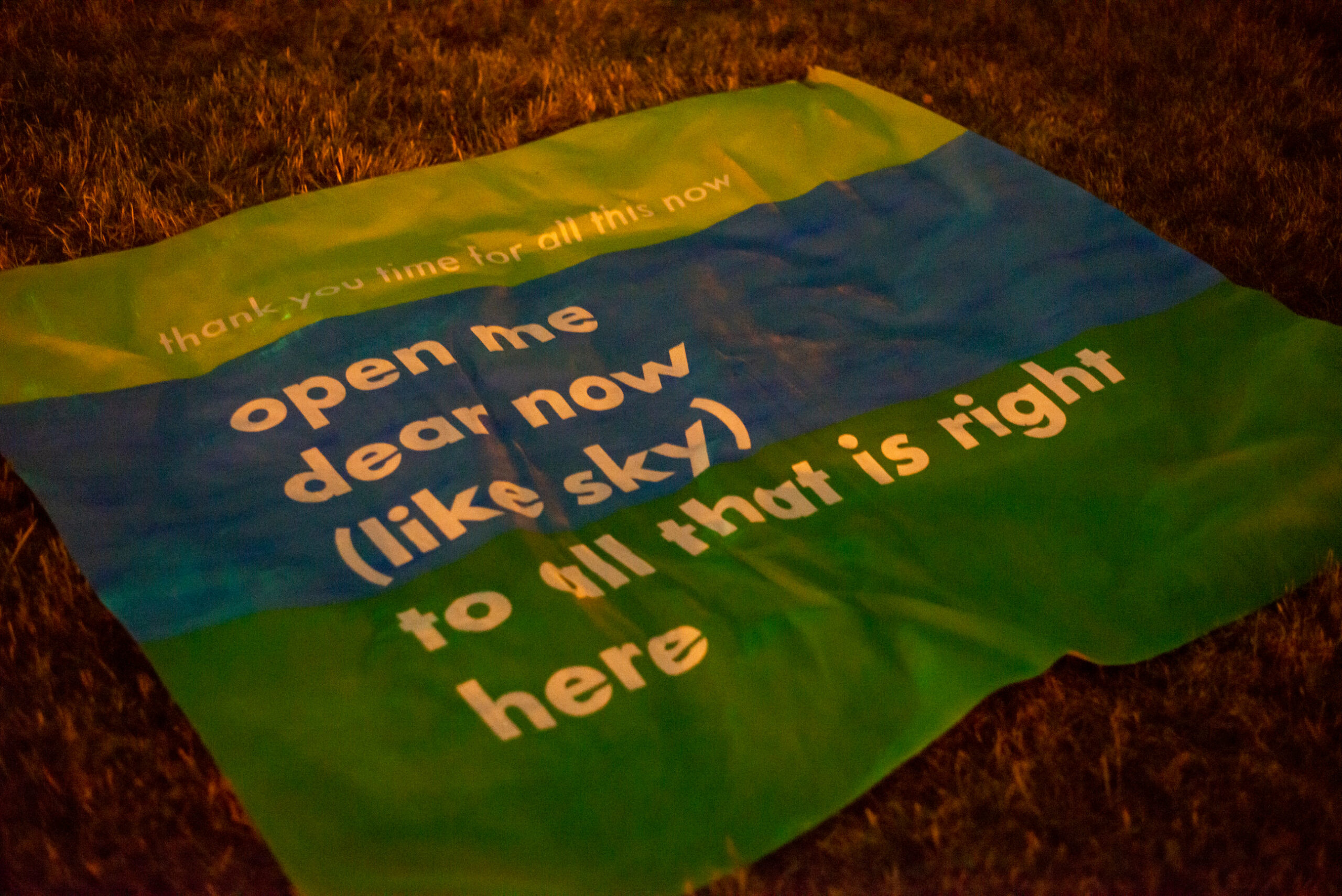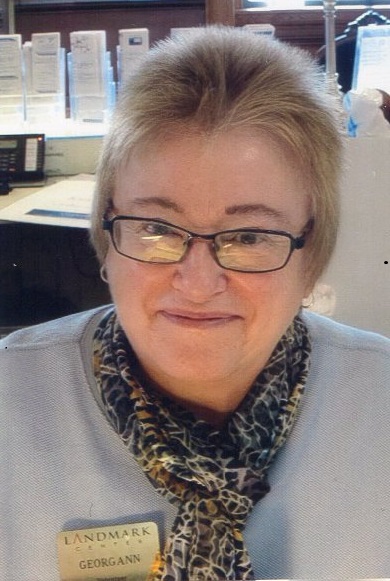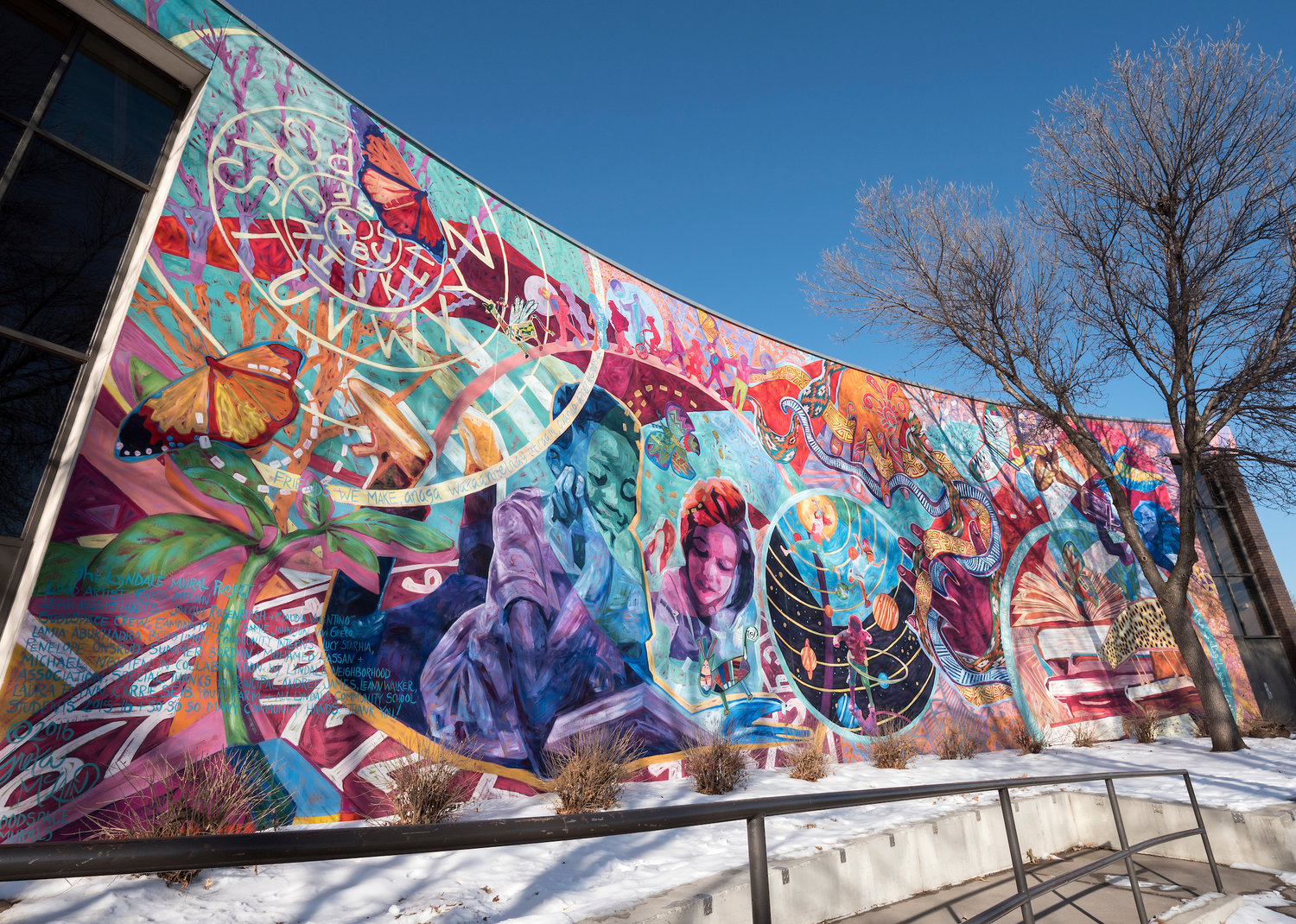George Floyd and America’s Racial Caste System
Building an Antiracist Community
By Tim Johnson, Columnist
It felt like I had won the lottery. The flight attendant had informed me that my international flight was overbooked and wished to know if I would be willing to take a seat in business class rather than remain in the main cabin. This was not a difficult decision. In short order, I was offered an array of alcoholic beverages as I relaxed with much-improved leg room and a wider, more comfortable seat. My warm meal was served on a ceramic plate with silverware and a cloth napkin. From my place of comfort, I could look back into the main cabin and see the majority of passengers crammed into stiff seats while eating their meals out of a box. I could also peer ahead, around the edge of the curtain separating us from first class, and see some of the added perks provided to those receiving the highest level of comfort and service.
Generally speaking, Americans have adapted themselves to the notion that we live in a class-based society, with most of us, rightly or wrongly, claiming to be part of the middle class. The strongest and most consistent marker of class is wealth and income, which determine where you are likely to sit on an international flight. As Americans, we make peace with our class structure through our belief in a merit-based system, where those who work hard can move into a higher class. In reality, sociologists have demonstrated that there is actually little mobility between class groupings in the U.S. But just as the hope of winning the lottery raises billions of dollars a year for the states who run it, the allure of upward mobility makes the existing economic system palatable for many.
Much less palatable is the idea that the U.S. not only has a class system with economic mobility that is limited at best, but also a caste system like that which has long existed in India. Isabel Wilkerson shines a bright light on the U.S. caste system in her bestselling and insightful book Caste: The Origins of Our Discontent. As Wilkerson states, a caste system is “a fixed and embedded ranking of human value that sets the presumed supremacy of one group against the presumed inferiority” of another. It creates “arbitrary boundaries to keep the ranking groupings apart, distinct from one another and in their assigned place.” She goes onto say this hierarchy of caste “is not about feelings or morality. It is about power…It is about respect, authority and …who is accorded these and who is not.”
The death of George Floyd, what to many looked like an execution, raised intense and ongoing reflections about racism in this country. Now, nearly a year later, the officers involved are facing trial. But the truth is, it is our Twin Cities region, our state, our nation that is also on trial. What does the horrendous video of former Minneapolis Police officer Derek Chauvin’s knee, held with such apparent disregard for Floyd’s life, say about us as a people—the challenges we face and the unfinished work we must address if we are to be whole?
On that tragic day in Minneapolis, one might recognize a difference in class, with Floyd among the poor and Chauvin as middle class. But that seems completely inadequate to explain what we witnessed and experienced. Understandably, racism has been the dominant frame for analysis and explanation, with authors like Ibram X. Kendi pointing out that it is policies created by those with power that put Chauvin in a position to hold his knee on Floyd’s neck. Yet Wilkerson would argue that racism by itself is also insufficient in understanding what transpired at 38th Street and Chicago Avenue. She insists “Race, in the United States, is the visible agent of the unseen force of caste. Caste is the bone, race the skin.”
Race, and how we understand it, can be fluid, while caste is rigid and fixed. Italians and Irish, once thought of as non-white, became white. Class allows some mobility, even for those in the lowest caste, allowing for anomalous stories like that of Oprah Winfrey, the son of a Mississippi coal miner. But there is no escape from a caste system, which means that in this country no amount of income or achievement can protect you from a white person tenaciously hanging onto his or her place in a caste system wrapped in racism.
Chauvin kept his knee on Floyd’s neck with authority and power, while demanding respect, upholding a caste system with George Floyd at the bottom.
We may resign ourselves to living with a class system, especially with the possibility, however remote, that we might win the lottery with an upgraded seat on our next flight. But a caste system defined by race and racism is one that ultimately harms us all.
Tim Johnson is a retired pastor of the United Church of Christ.




